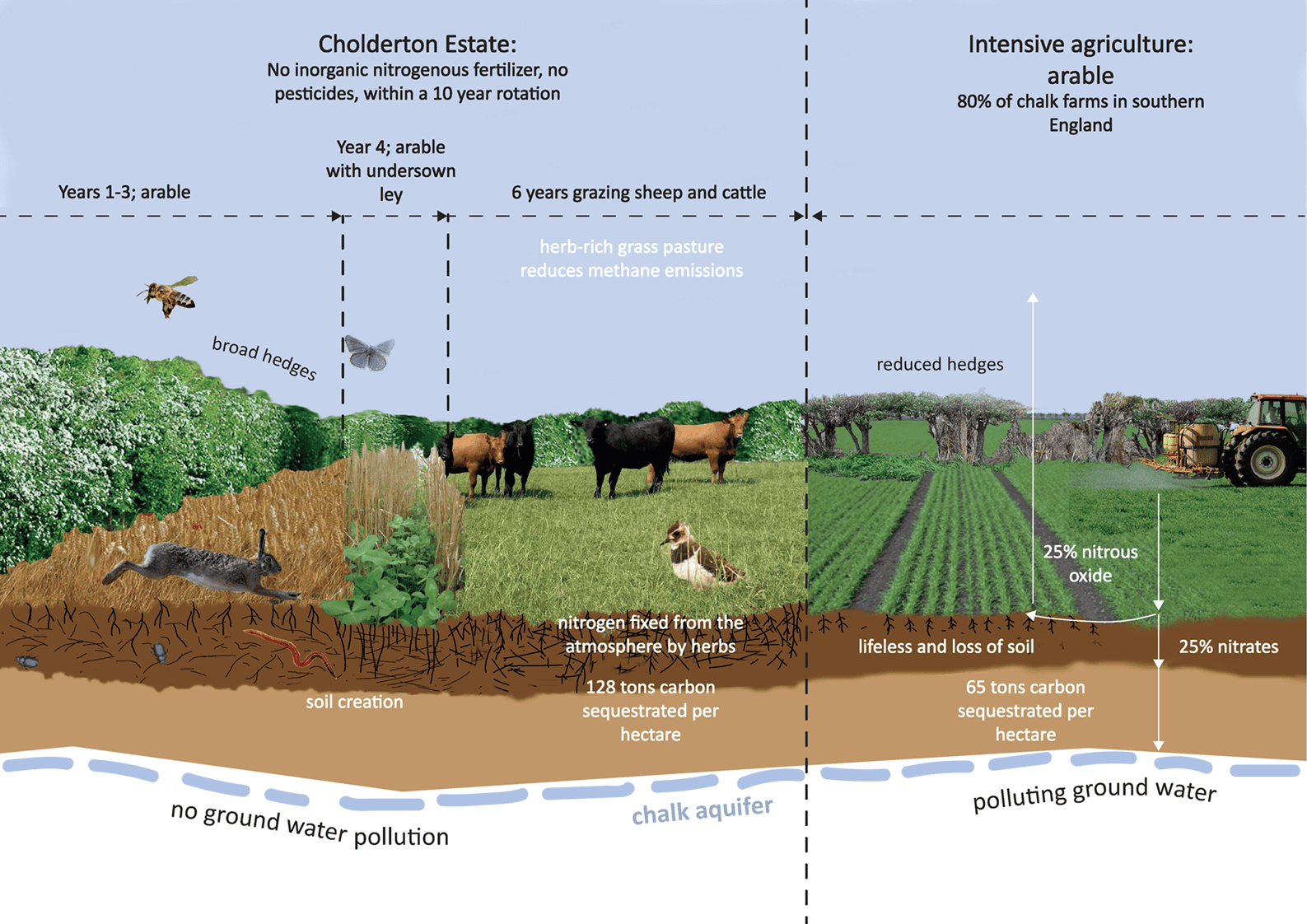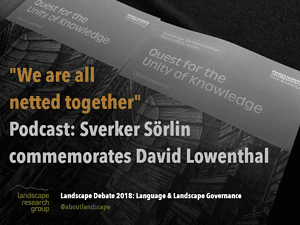Farming in Hampshire: National Pilot
Test and trialling a local governance of Environmental Land Management
ELM Convenor Advisory Board sponsored by Defra.
Merrick Denton-Thompson OBE, Project Initiator and facilitator.
Lionel Fanshawe, Project Director
Our landscape is not in good shape and farming is in crisis. The industry is crying out for speed and clarity in the delivery of the new Environmental Land Management (ELM) schemes to assist in bringing nature recovery and climate change resilience while ensuring secure, sustainably produced food – the delivery of the Government’s 25-year Environment Plan. The Department for Environment Food and Rural Affairs (DEFRA) have sponsored this Test and Trial (T&T) to look at the potential effectiveness of a County level Convenor being the best model for doing so at appropriately local level. Following a first phase in 2020-1, Hampshire have again brought together a Convenor for a Phase 2, consisting of representatives of the public, private and voluntary sectors with key interests in land management.
Taking the National Character Areas (NCAs) as a preferred scale, this Phase 2 rolls out the first phase’s approach, involving two NCAs, to all ten NCAs across the county, terra firma of the project team assembling all the statutory and advisory guidance that has been found to be available and apportioning them to each, arriving at a schedule of actions. A natural capital baseline with associated mapping was undertaken across the six largest NCAs by eftec and Environment Systems that collectively make up 90% of the county. Collating these bodies of work, it was possible to suggest priorities for each NCA. A high-level business plan framework was then prepared, exploring potential public and private funding streams that might assist these actions and encourage new markets for blended finance.
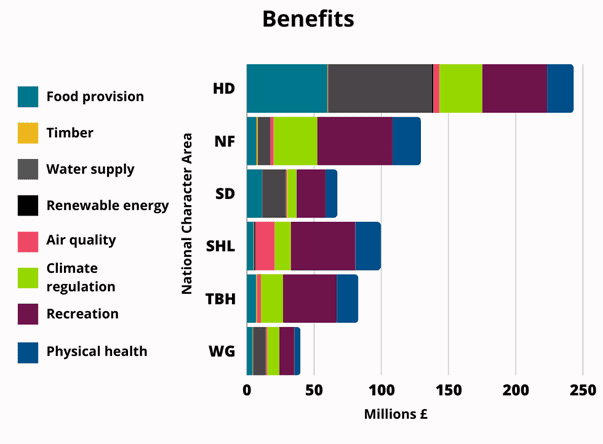
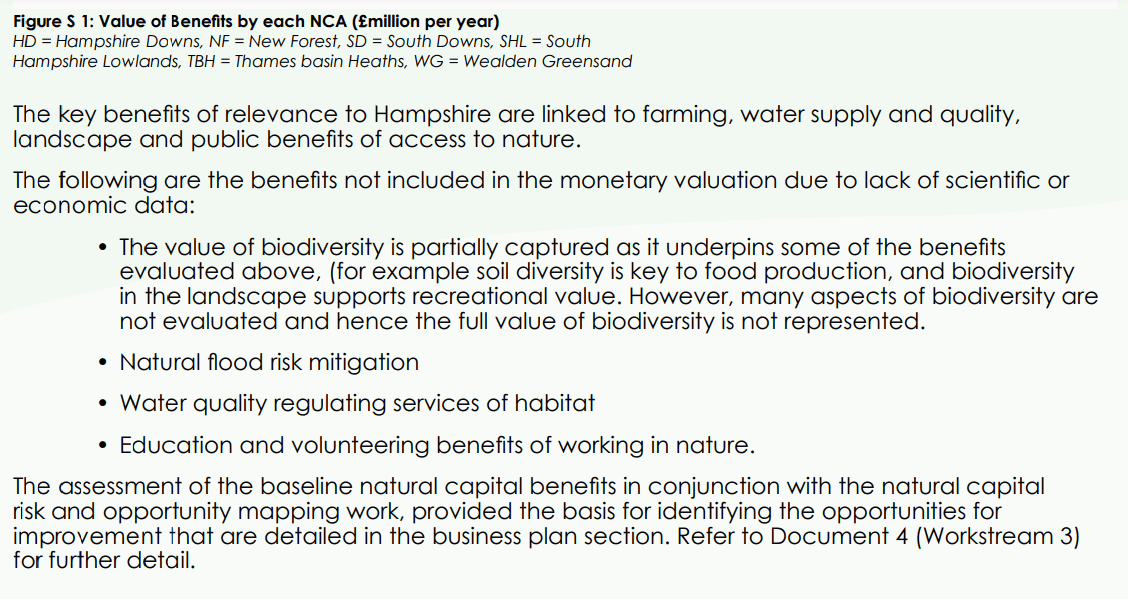
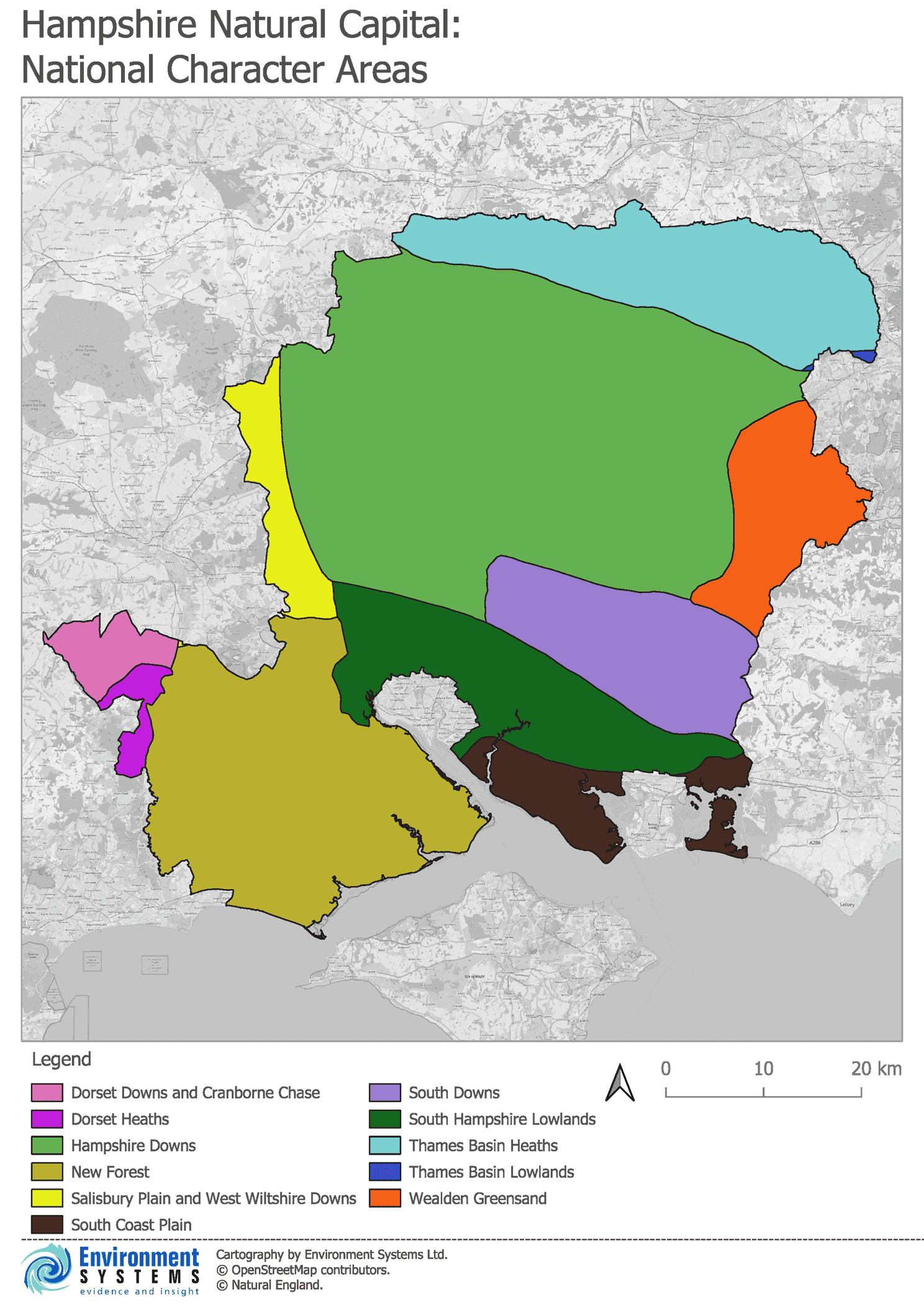
A prototype toolkit was developed for the project by LandApp which inputted all the NCA based actions and was introduced with the project team’s baseline mapping and priorities. This was then trialled with a mix of two dozen farmers and land managers encompassing a wide range of land use and character types across the county. Following three online group demonstration sessions, each were encouraged to spend no longer than two hours testing it out for their own landholding for which they were provided an online map linking to actions and potential income streams. While undoubtedly there would be a lot of further development needed in order to roll out a finished product, the prototype proved a success and feedback suggests this could well be a successful platform for communication of ELM, particularly when in tandem with local advice. The fact that this is a technical solution and might exclude certain landholders has been discussed at length and the project team propose that this is a necessity going forward if one is to assemble so much information in one place, keep it updated and communicated without being overtaken with soon outdated paperwork.

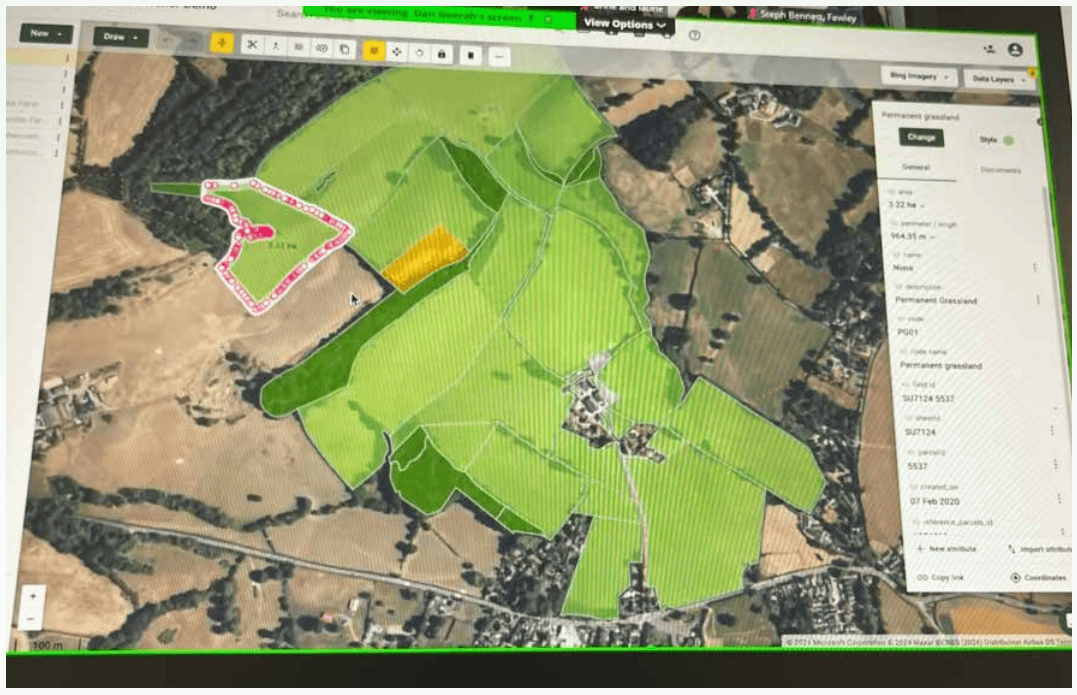
Trialling the prototype Land App toolkit, terra firma, 2024.

The T&T benefitted from the coinciding Local Nature Recovery Strategy (LNRS) consultations which were not only running at the same time but also work at county level and are cognisant of the NCAs. Both teams see a county Convenor being a potential delivery model for LNRS as well as ELM, the former providing important evidence, priorities and targets. This could prove important ‘joined up thinking’ as the LNRS currently has no remit for delivery. The Convenor T&T Chairman wrote to the Secretary of State for the Environment on the topic as part of this project and received an encouraging response.
The project was presented individually to the Hampshire Local Nature Partnership, the Hampshire County Council leader and East Hants MP as well as publicised in local and county press and widely among the Parish Councils and farming community via NFU and CLA.
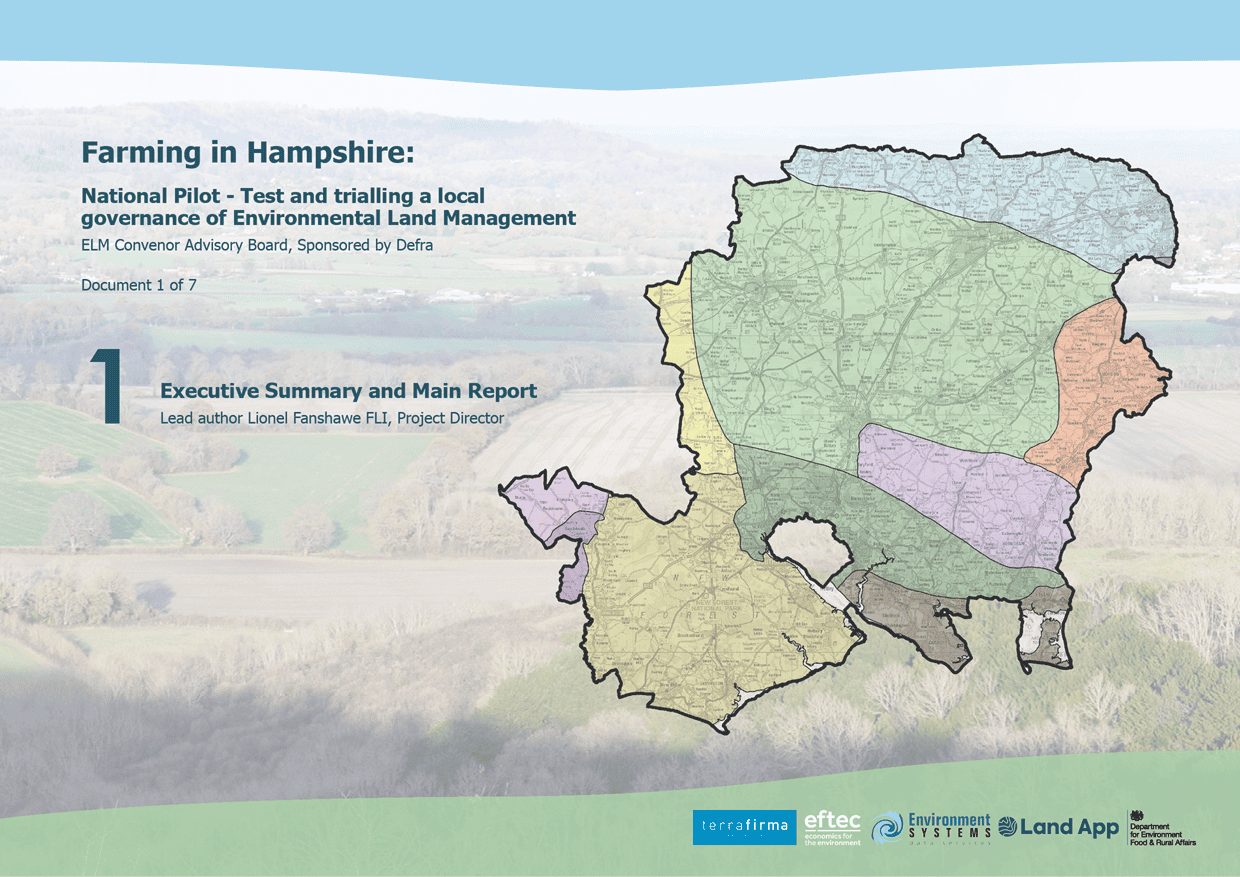

Meeting with East Hampshire MP Damian Hinds, Terra Firma, 2024.
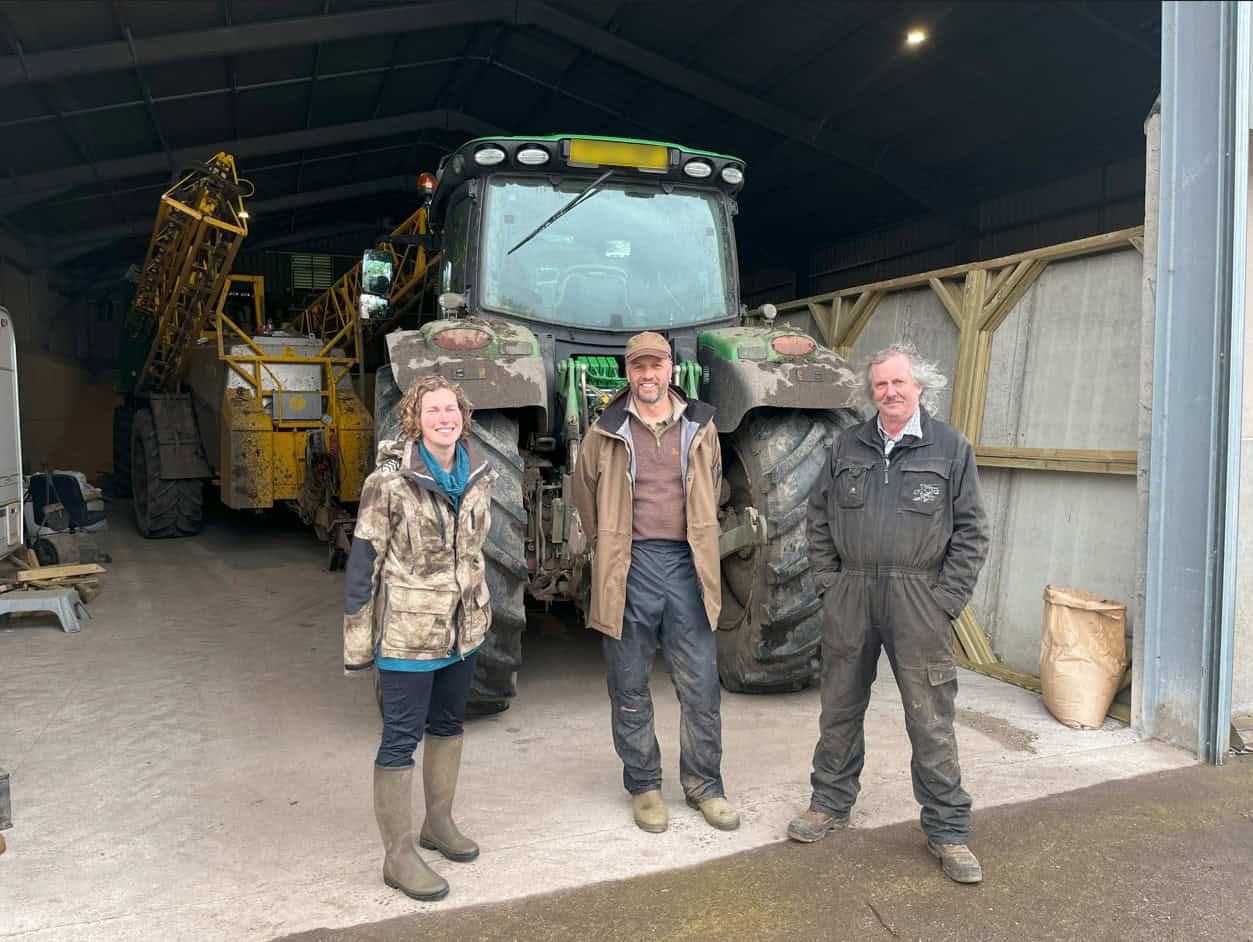


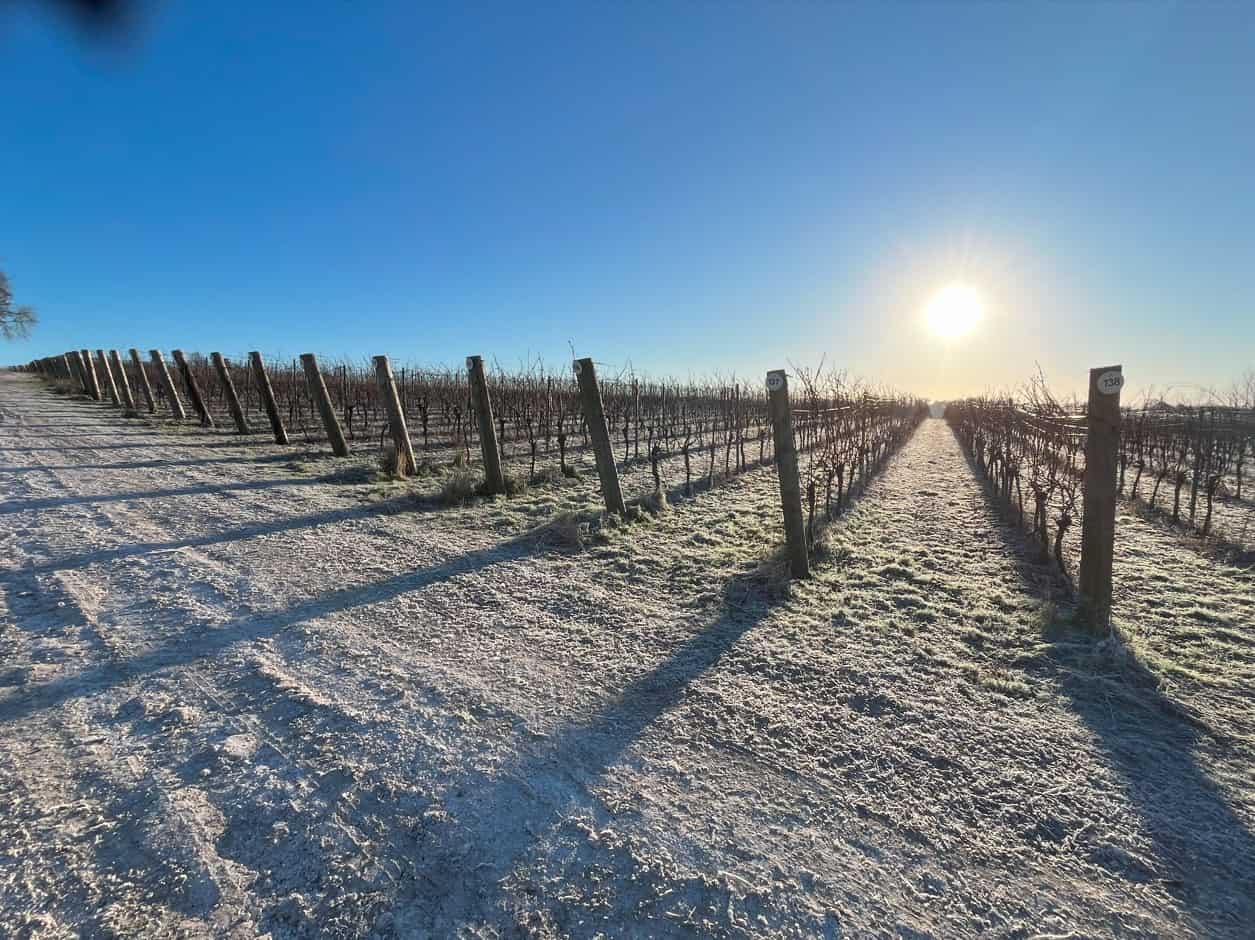
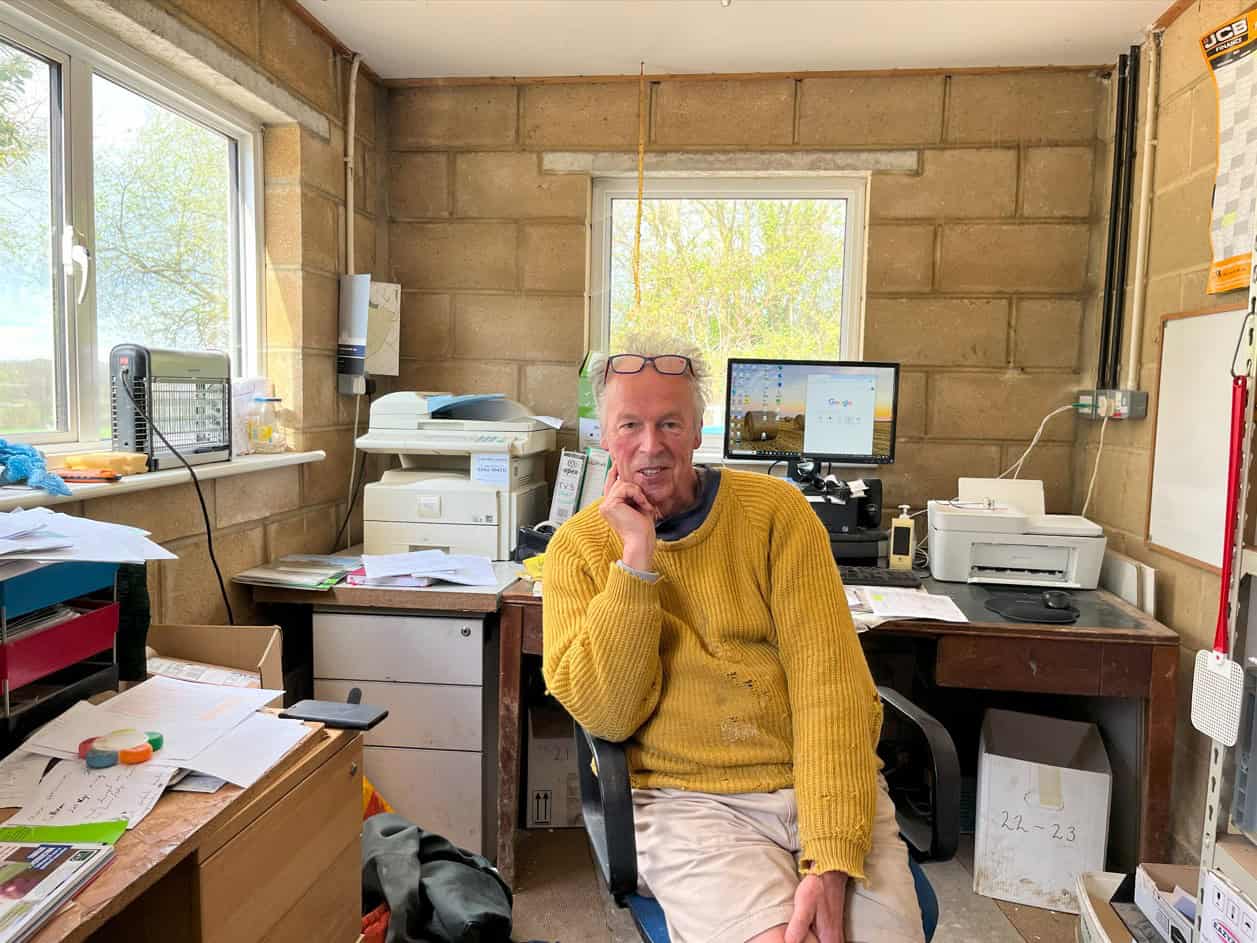
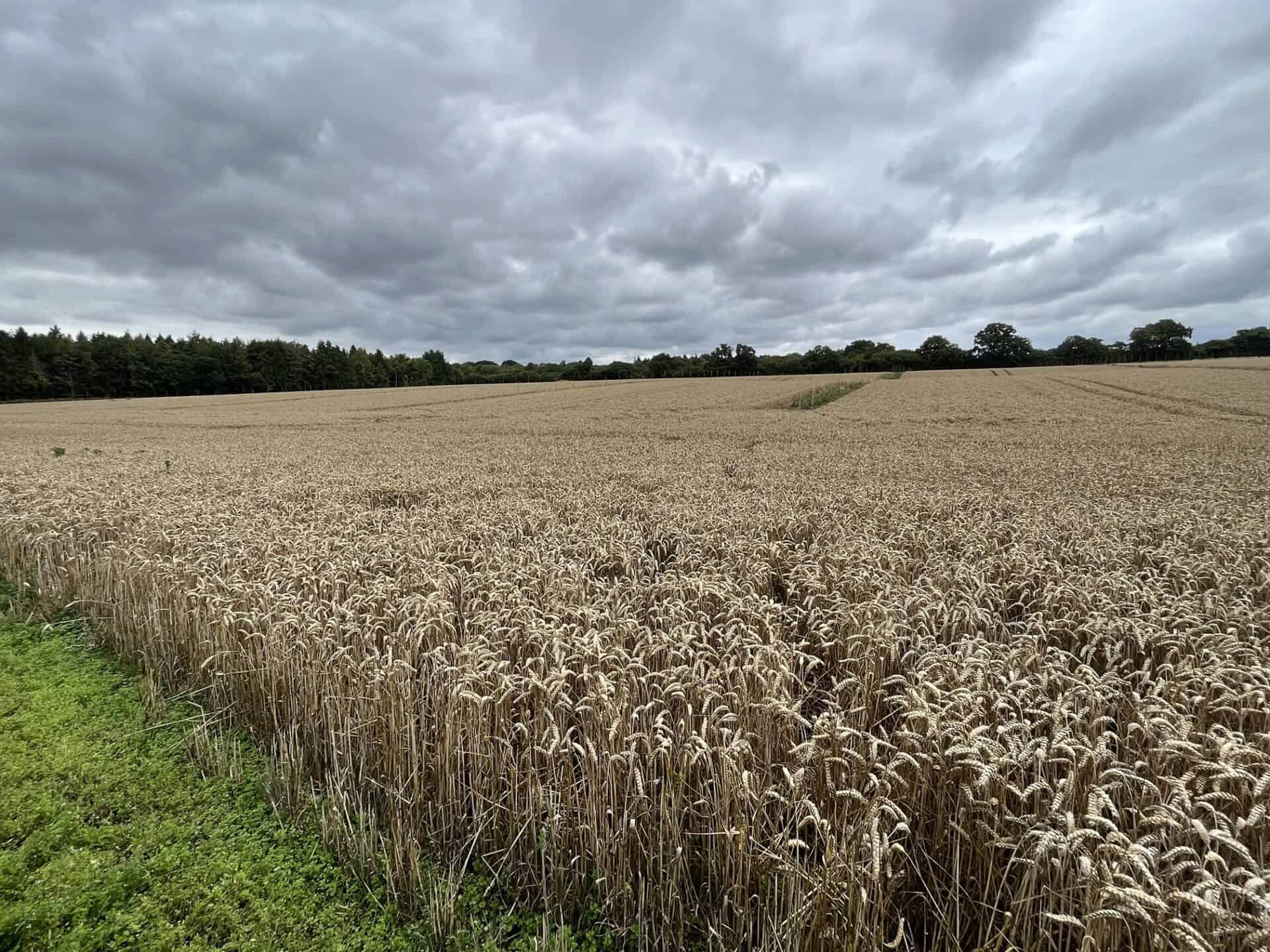

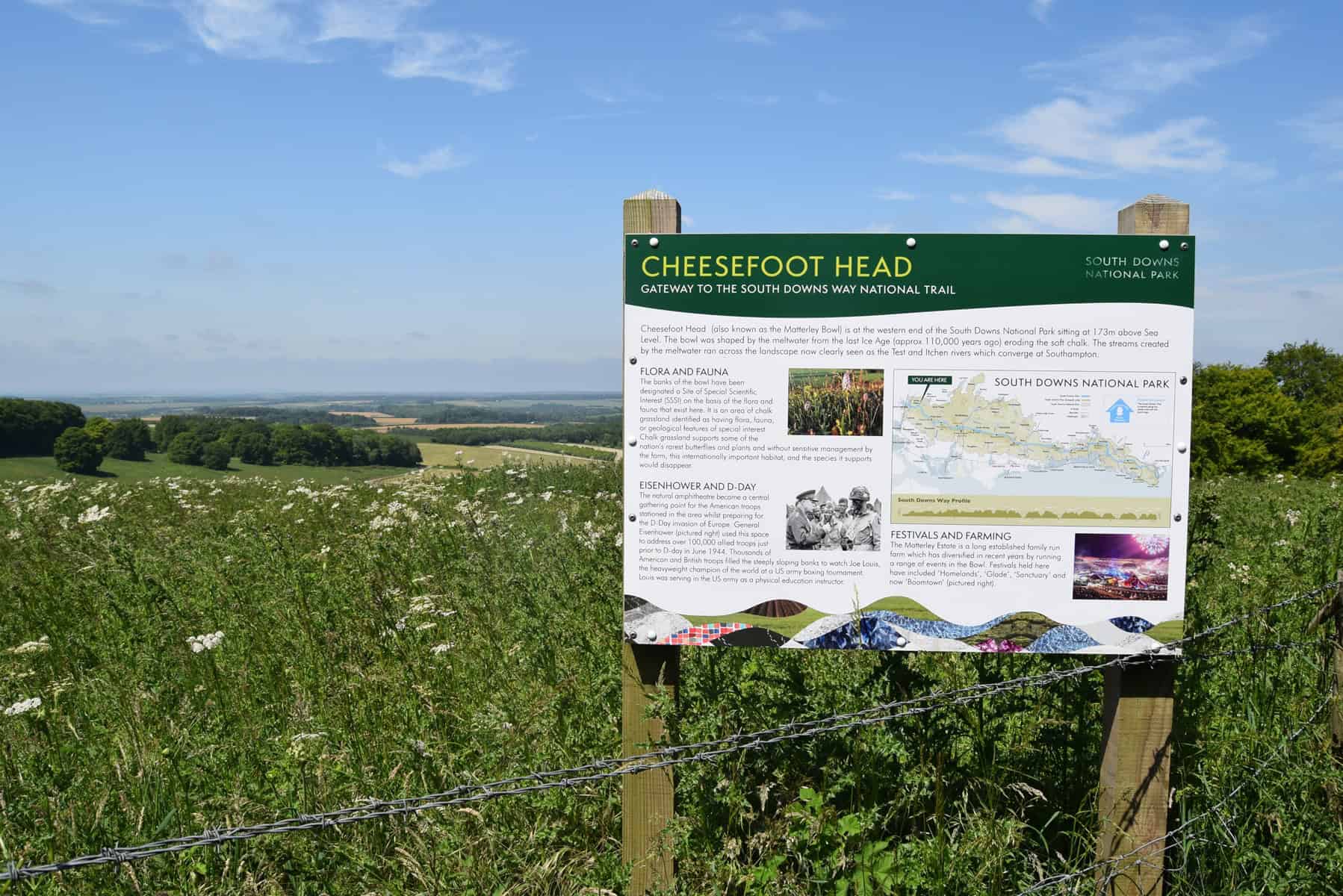
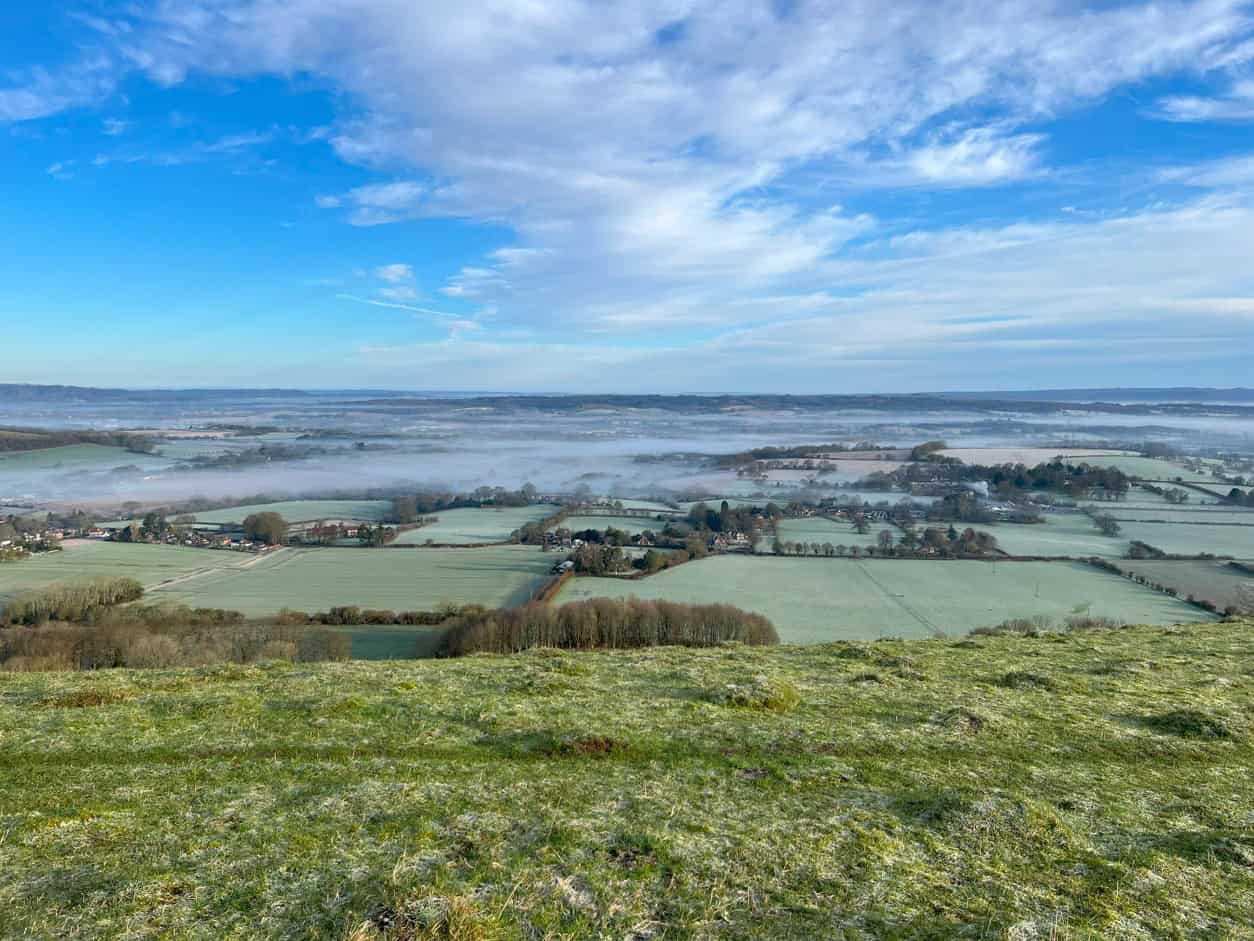
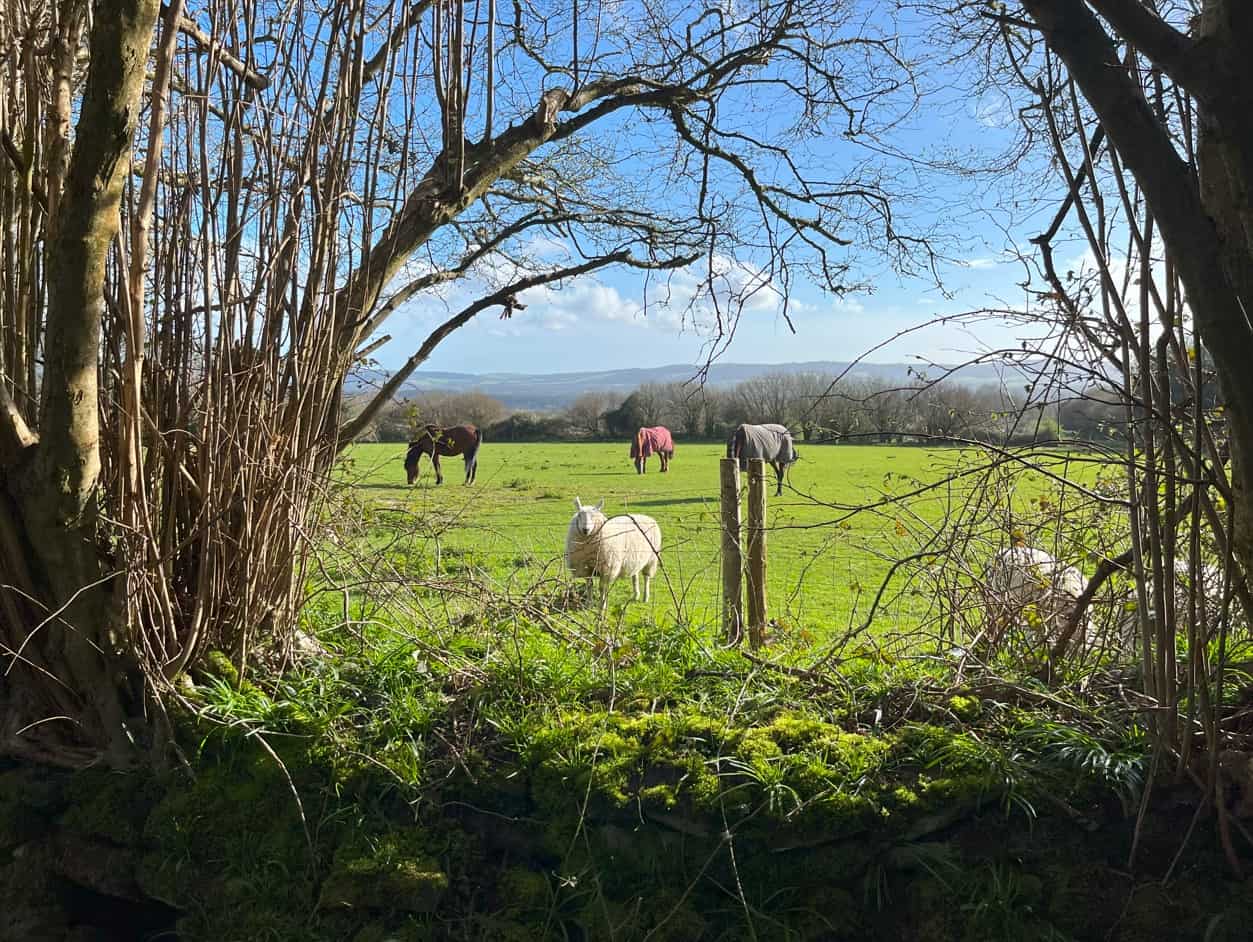


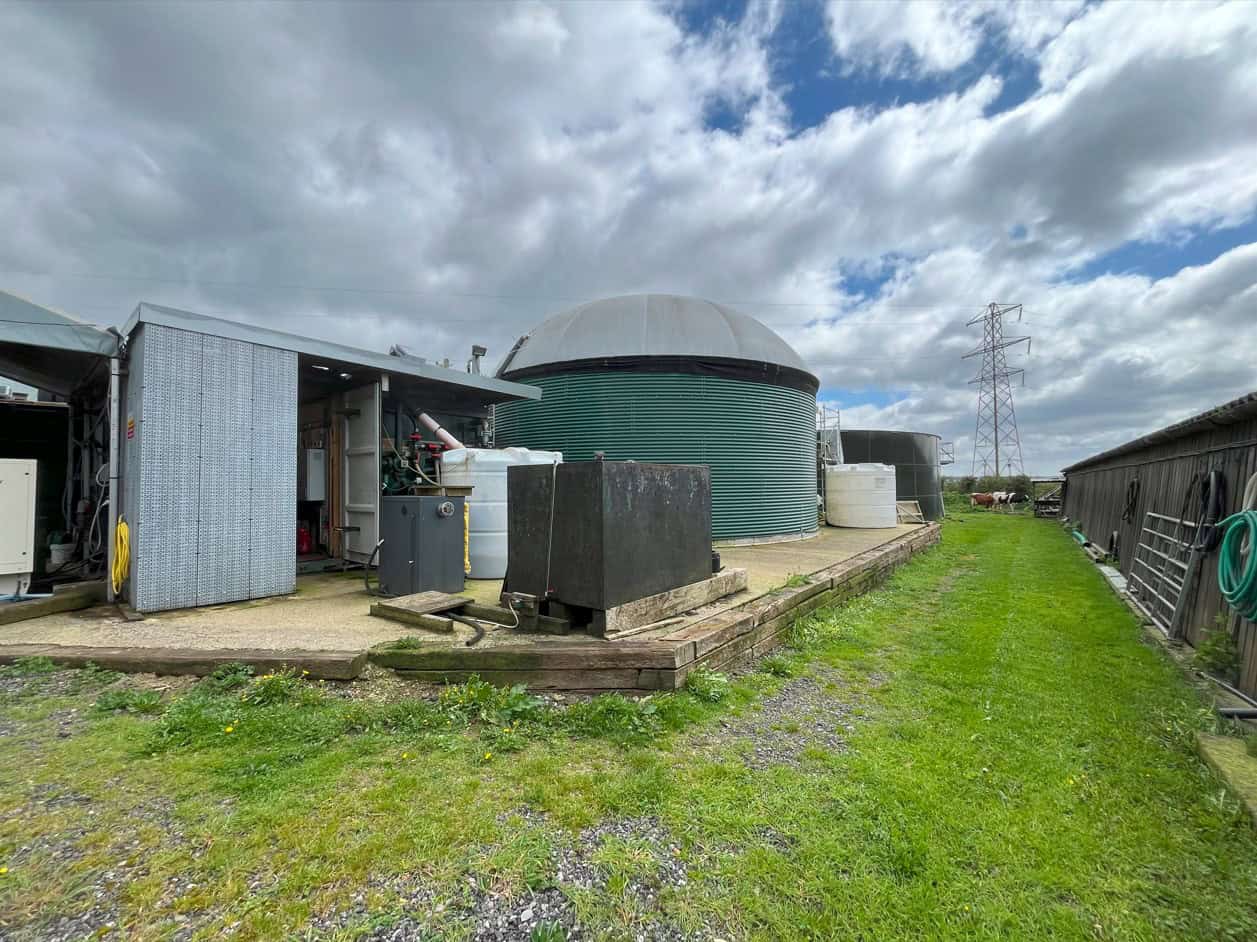
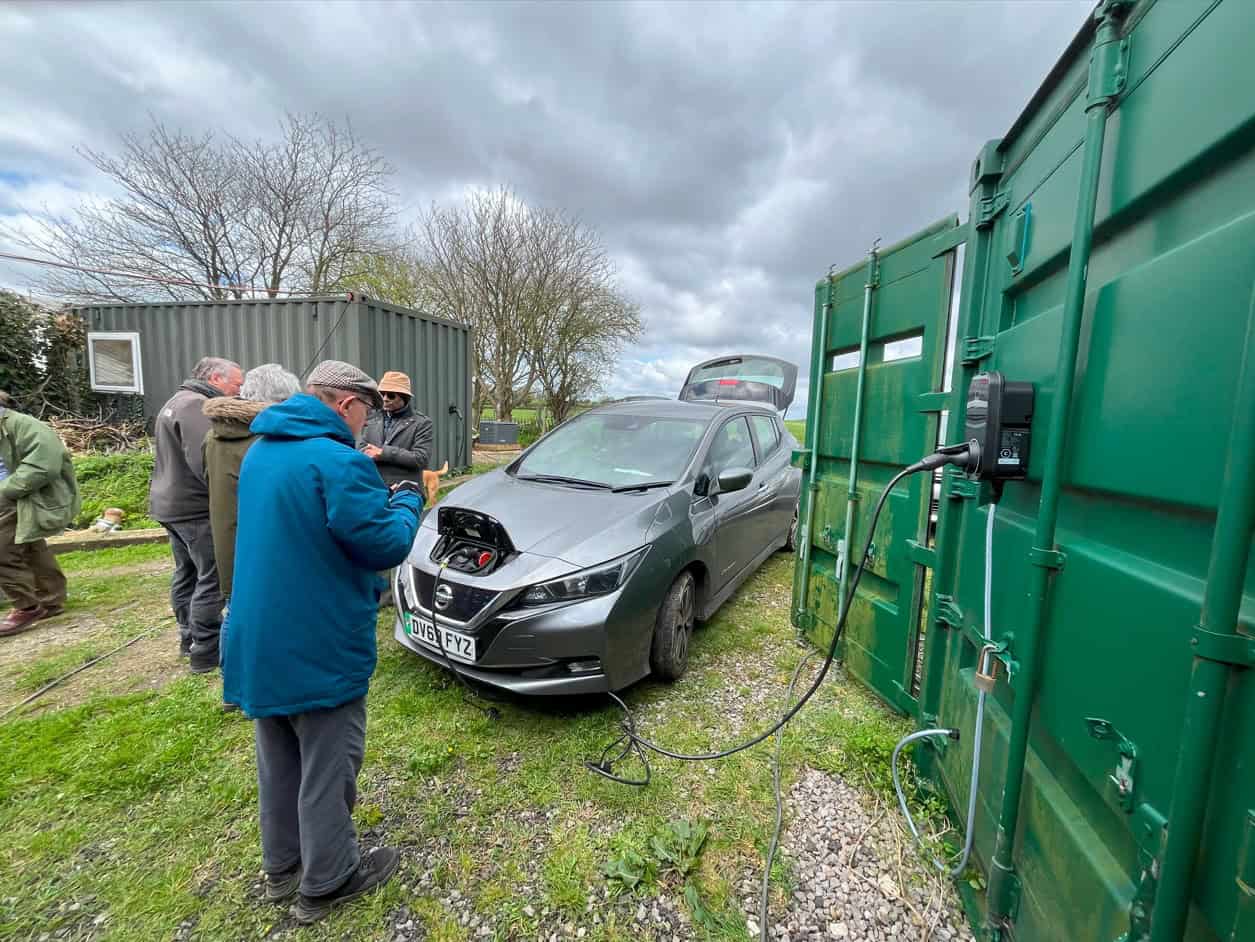
Images by terra firma, 2024.
Wide consultation was undertaken both within the Convenor board members’ organisations but also outside with the protected landscapes (two national parks and three AONB’s) who make up 40% of the County. The decision was taken with Phase 1 to propose the protected landscapes remain outside the convenor with their own statutory obligations but consultation with Phase 2 has confirmed they are all supportive of a County convenor and co-operation and clear communication with it. Individual farmers, farm advisors, land managers have also universally expressed support for a County Convenor. It would constitute a vital local hub, providing a focus for existing organisations such as farm clusters, encourage new groups to establish and bring together often silo’d arms length bodies around the table to resolve issues locally and provide a conduit between the landholder and central government.
In order to set up a Convenor permanently, this report sets out some budget costings for a full time supporting technical officer, a website and the further work required for development of the toolkit. This would enable dissemination of information, assembling of new and latest information and monitoring, advice and feedback. The Convenor would also be tasked with raising public awareness of what public money is delivering. If the Board are all happy to be part of a permanent arrangement, a formal constitution would need to be agreed.
This report sets out the main process and findings of the project and the appendices include more detail of individual topics explored. In the team’s view, the T&T has been an undoubted success with some exciting innovation and universal support for the fundamentals of the idea of the Convenor model. The Board are unanimous in their wish to see the County Convenor continue and it is hard to see a better potential mode of delivery and governance of ELM (and indeed LNRS) if county is seen as the most sensible level at which to administer locally.
Our final reports for this national pilot Test and Trials project for Defra are now available here
Lionel Fanshawe, Project Director June 2024

Convenor Board visit to the exemplary regeneratively farmed Cholderton Estate at commencement of project July 2023, terra firma, 2024.
